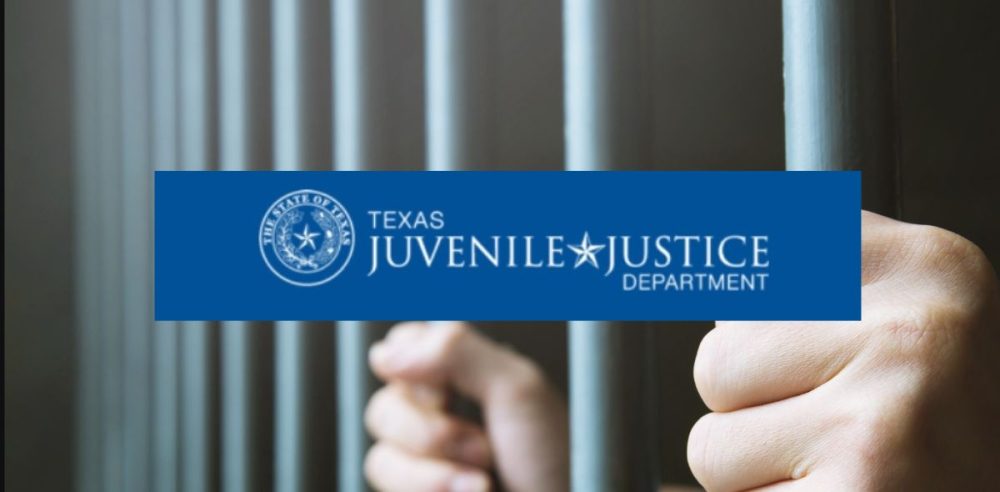The Texas Juvenile Justice Department (TJJD) has moved one step closer to building a new detention facility in Ellis County after its board approved the site on Thursday.
The new construction aims to address severe overcrowding issues and staffing shortages within the state’s juvenile system. It follows a legislative allocation of $200 million to build two new facilities that would add a combined 200 beds for young inmates, per a recent report by Fox 4 KDFW.
The two locations would each have approximately 104 beds each. However, TJJD officials say that the plans are still subject to approval from a budget board, and potential issues identified during a final walkthrough could still alter the site choice.
The push to build these additions has gathered attention as part of an ongoing focus to address the rising demand for juvenile detention spaces and proper rehab programs in Texas, a problem that seems to have a variety of blooming sources.
The decision to expand Texas’ juvenile justice system comes in response to long-standing debates and concerns about overcrowding and high staff turnover, which have seemingly plagued the system for years.
A 2023 report from the Sunset Commission shows the need for and benefit from facilities with better resources near big cities to alleviate issues with juvenile detention and rehabilitation in America. The same commission then focused on the importance of supporting recruitment and employee retention efforts for these facilities, with a clear focus on addressing the state’s juvenile justice staffing crisis.
The report went on to reveal that TJJD faced a staggering 71% staff turnover rate in 2021. Reportedly, high turnover rates have resulted in increased lockdowns for juvenile detainees and limited access to mental health services, education, and job training programs, according to Fox 4.
As such, TJJD board members discussed the growing need for adequate mental health resources and workforce development programs for incarcerated youth.
Despite the board’s recent decision to approve Ellis County as a construction location, officials stressed that the new facilities must be operational before any more youth are detained in overcrowded or understaffed facilities.
For the incarcerated adolescents in currently understaffed facilities within Texas, details about the timeline for construction remain sparse.
At the time of publication, no specific dates have been provided for when construction might begin or be completed by TJJD. With approval from the Legislative Budget Board still pending in Texas, it’s unclear when the project could even break ground.
While the addition of 100 or 200 beds is a positive step, the state will need to address its staffing issues and ensure that any new facility is equipped to offer truly impactful rehabilitation and education programs. As illustrated by a study from RightOnCrime, both of these programs are actively void in America’s juvenile detention systems.
The failure to provide adequate education and rehabilitation for youth inmates, along with excessive isolation, is hindering the potential for meaningful change.
In 2023, the TJJD reported that 71% of youth leaving security facilities reoffended within three years, and 31% were soon reincarcerated.


